Icare Sustainably Kenya
This page shows all the projects of the Kenyan chapter of Icare. The Kenyan team consists of an enthusiastic team from civil society, university life and young people. We are open to partnerships and volunteers.
Icare Sustainably
Kenya Projects
2021
Plastic recyling Kenya
Our aim is to start a plastic plant in Kenya. This will give employment to many people. Also, it will be a revenue stream for Icare as an organization.
2021
Backyard Technology Catfish Farming
This technology resolves food insecurity by making omega-3 enhanced catfish available to households. We work on a pilot with 50 households in Western Kenya
2020
Explorers for the Global Goals
Our vice-president Carolyne participated in field testing materials for this project by ‘the World’s Largest Lesson’.
Start sept 2019
Start SDGs for schools project
This projects teaches students about the SDGs and empowers them to start their own projects such as planting trees.
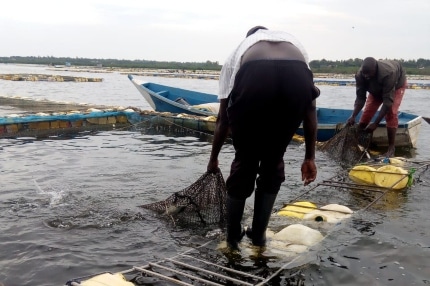
Icare smart backyard pond technology
SDG1 is no poverty and SDG2 states no hunger. With this revolutionary fish farming technology, both issues are tackled. Fish enriched with Omega-3 can be raised in backyard ponds with this new technology. Icare is currently working on a pilot to test the technology with 50 households. This technology is invented by Dr. Zachary Shitote of Eldoret University.
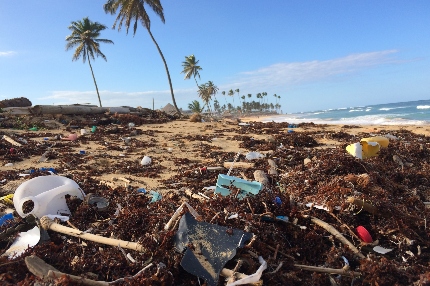
Plastic recycling plant Kenya
The goal is to establish a plastic recycling project in Kenya in 2021. The project will offer job opportunities to people with varying educational backgrounds. This project is a social enterprise, which means that part of the profit goes back to the community and part of the profit is used to finance Icare Sustainably as an organization.
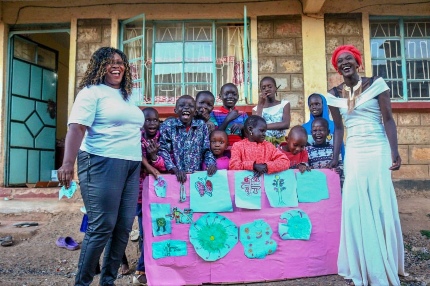
SDG 4 Schools
With this project, we start clubs in schools to teach students about the Sustainable Development Goals (SDGs). Through those clubs, we motivate the students to start their own projects to work on the goals. An example of that is planting trees in Hill school Kenya.
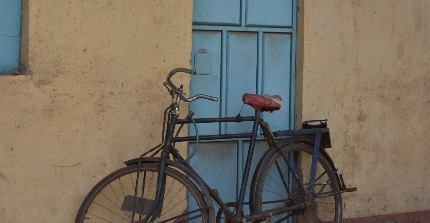
Bicycles 4 Schools Project
Bicycles empower youth to take control of their own mobility. For this project we work together with escuelalideresbici who have already set up a successful bicycle project in Bogota, Colombia
Kenyan board
Meet the boardmembers of the Kenyan chapter of Icare.

Zacharia Shitote
Chairperson Kenyan Board
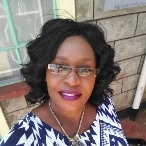
Carolyne Nyarangi
President of Icare international and country rep Kenya.
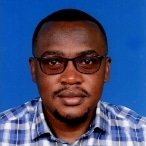
Kenkevin Wekesa
Treasurer

Samuel Khayo Shitote
Boardmember
Articles about Kenyan Projects
E-Book Icare Mini-Project Program: Small Actions towards a big change
With pride, we present the e-book of all successful mini-projects executed during the global week of action: Download the e-book here You can support out work by leaving a donation. Any help will help Icare to reach it's objective to empower marginalized youth to...
Bridging the widening gap in education between the poor and the rich during and in the wake of Covid-19 with a focus on Kenya
In spite of the pandemic we cannot neglect the importance of pursuing the SDG’s. The pandemic has a negative effect on development with risks of possible increase in poverty, hunger, gender inequality and lack of access to quality education for all. Immediate efforts are done to prevent hunger and people getting sick focused on short-term consequences of the pandemic. However, the long-term effects of the pandemic cannot be ignored. If we don’t take measures now, there will be increased inequality among other things. One reason for that is the challenge to continue education (for marginalized communities).
Start a conversation with us
Icare Sustainably is interested to make connections with new people. Send us a message, and we'll get back to you as soon as possible.
Also, send us a line when you have a question or remark about our articles or other content on the website. Let's empower marginalized communities together.
Messenger
Email Us
Icare
We are a team of international individuals who are socially and environmentally conscious and seek to bring change in the world by using sustainable solutions that improve livelihoods in marginalized and rural communities.
